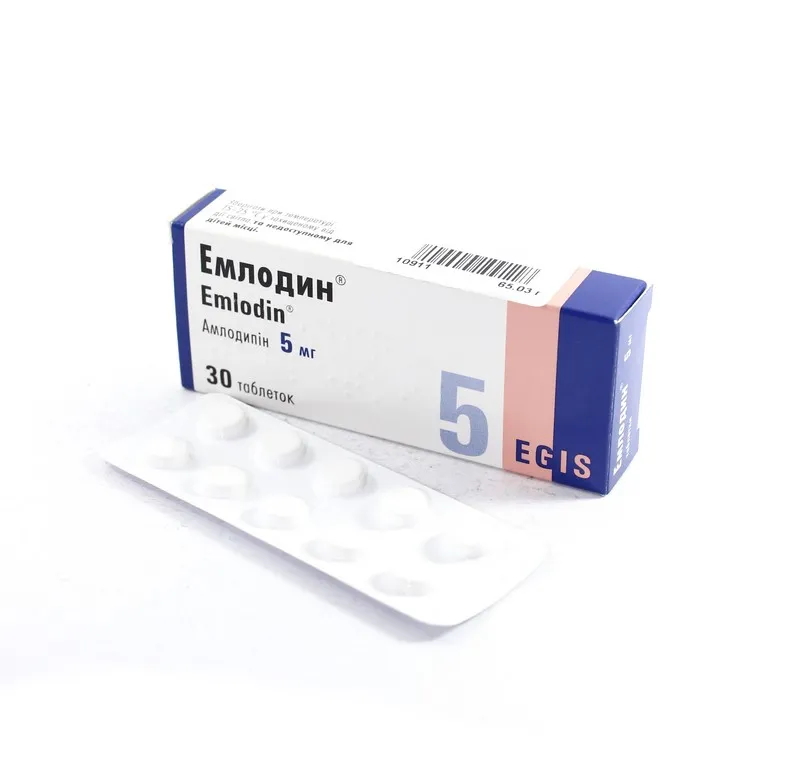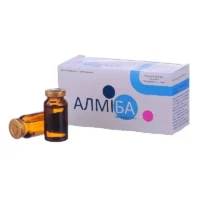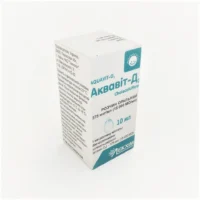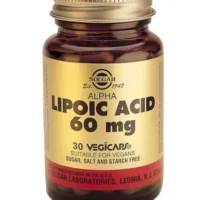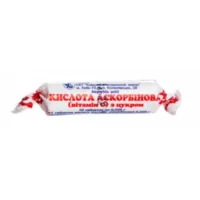Description
Emlodin Tablets 5 mg. №30
Ingredients:
Each tablet contains 5 mg of Emlodipine.
Mechanism of Action:
Emlodipine, the active ingredient in Emlodin tablets, is a calcium channel blocker. It inhibits the influx of calcium ions into vascular smooth muscle cells, leading to vasodilation and decreased peripheral vascular resistance. This mechanism results in the relaxation of blood vessels, improved blood flow, and reduced blood pressure.
Pharmacological Properties:
Emlodipine exerts its antihypertensive effects by selectively blocking calcium channels in vascular smooth muscle and cardiac muscle. It has a long duration of action and minimal negative inotropic effects on the heart.
Indications for Use:
Emlodin tablets are indicated for the treatment of hypertension (high blood pressure) and angina pectoris (chest pain) of vasospastic and/or atherosclerotic origin.
Contraindications:
Do not use Emlodin tablets if you are allergic to Emlodipine or other dihydropyridines. Avoid in patients with severe hypotension, acute myocardial infarction, and unstable angina. Use with caution in patients with hepatic impairment.
Side Effects:
- Common side effects may include peripheral edema, headache, dizziness, and flushing.
- Less common side effects may include palpitations, fatigue, and gastrointestinal disturbances.
- Rare but serious side effects may include hypotension, myocardial infarction, and allergic reactions.
Usage Instructions:
The recommended dosage of Emlodin tablets is one tablet (5 mg) once daily. The tablets should be swallowed whole with a glass of water, preferably at the same time each day. Dosage adjustment may be necessary in patients with hepatic impairment.
Benefits Compared to Analogues:
Emlodin tablets offer the advantage of once-daily dosing, which enhances patient compliance and convenience compared to some other antihypertensive medications that require multiple daily doses.
Suitable Patient Groups:
Emlodin tablets can be used in adult patients, including the elderly population. Dose adjustment is usually not required in geriatric patients unless they have underlying hepatic dysfunction.
Storage Conditions and Shelf Life:
Store Emlodin tablets at room temperature (15-30°C) in a dry place away from moisture and heat. Keep the medication out of the reach of children. The shelf life of the product is typically 2-3 years from the manufacturing date.
Packaging Description:
Emlodin tablets are typically packaged in blister packs to ensure product integrity and protection from external factors. Each pack contains 30 tablets.
Scientific Evidence:
Emlodipine has been extensively studied in various clinical trials, demonstrating its effectiveness in reducing blood pressure, improving endothelial function, and reducing cardiovascular events. Clinical studies have shown that Emlodipine is well-tolerated and has a favorable safety profile in the treatment of hypertension and angina.

